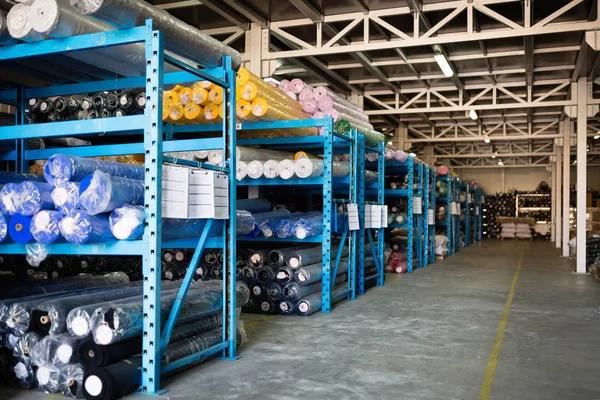Cotton is a staple fiber that forms the fabric of our lives. It is used in everything from clothing to home furnishings, and its quality can significantly impact these products’ durability and comfort. But not all cotton is created equal; there are two main types – organic and conventional cotton. As consumers become more aware of their choices’ environmental impact, the debate between organic cotton vs. conventional cotton has grown.
Organic cotton is grown without the use of synthetic pesticides or fertilizers, making it safer for farmers, workers, end consumers, and overall ecosystem health. Organic farming practices also tend to improve soil quality and often use less water than conventional methods due to healthier soil brainpatrickmccarthy.com conditions.
On the other hand, conventional cotton accounts for nearly 25% of insecticides used worldwide despite occupying just 3% of global farmland. These chemicals can harm farmers’ health and local ecosystems while leaving residues on finished products which may irritate sensitive skin.
However, this isn’t to say that organic production doesn’t have problems too. Growing organic cotton typically requires more land than agilitya3r.com conventional methods since yields are usually lower without chemical aids. This could potentially lead to deforestation if not managed responsibly.
In terms of product quality, both types offer softness and breathability but some tailertrashflyfishing.com argue that organically-grown fibers feel softer because they haven’t been exposed to harsh chemicals during cultivation or processing.
From an economic perspective though, organic cotton tends to be more expensive due largely to higher production costs golfstrategycademy.com associated with minicabrind.com manual labor and certification processes required for labeling as ‘organic’. While this might put off some budget-conscious shoppers irrationlpassions.com initially, it’s important to consider long-term costs too – buying cheaper clothes made from conventionally-grown fibers might mean having to replace them more frequently due to wear-and-tear or damage from residual toxins.
So which is better? The answer depends on what you value most as a consumer – cost-effectiveness or environmental sustainability? If you’re looking for the cheapest option, conventional cotton might be the way to go. But if you’re concerned about environmental impact and workers’ welfare, organic morethancoachspeak.com cotton is a clear winner.
However, it’s important to note that choosing organic doesn’t necessarily mean compromising on cost or quality. With growing demand for eco-friendly products, more brands are sourcing organic cotton and investing in sustainable farming importantpodcast.com practices which could eventually bring down prices. Furthermore, many people find that the benefits of better skin health and improved product durability outweigh any initial price differences.
In conclusion, while both types have their pros and cons, opting for organic cotton can be viewed as an investment in healthier environments and communities – making it a truly valuable choice for conscious consumers.





